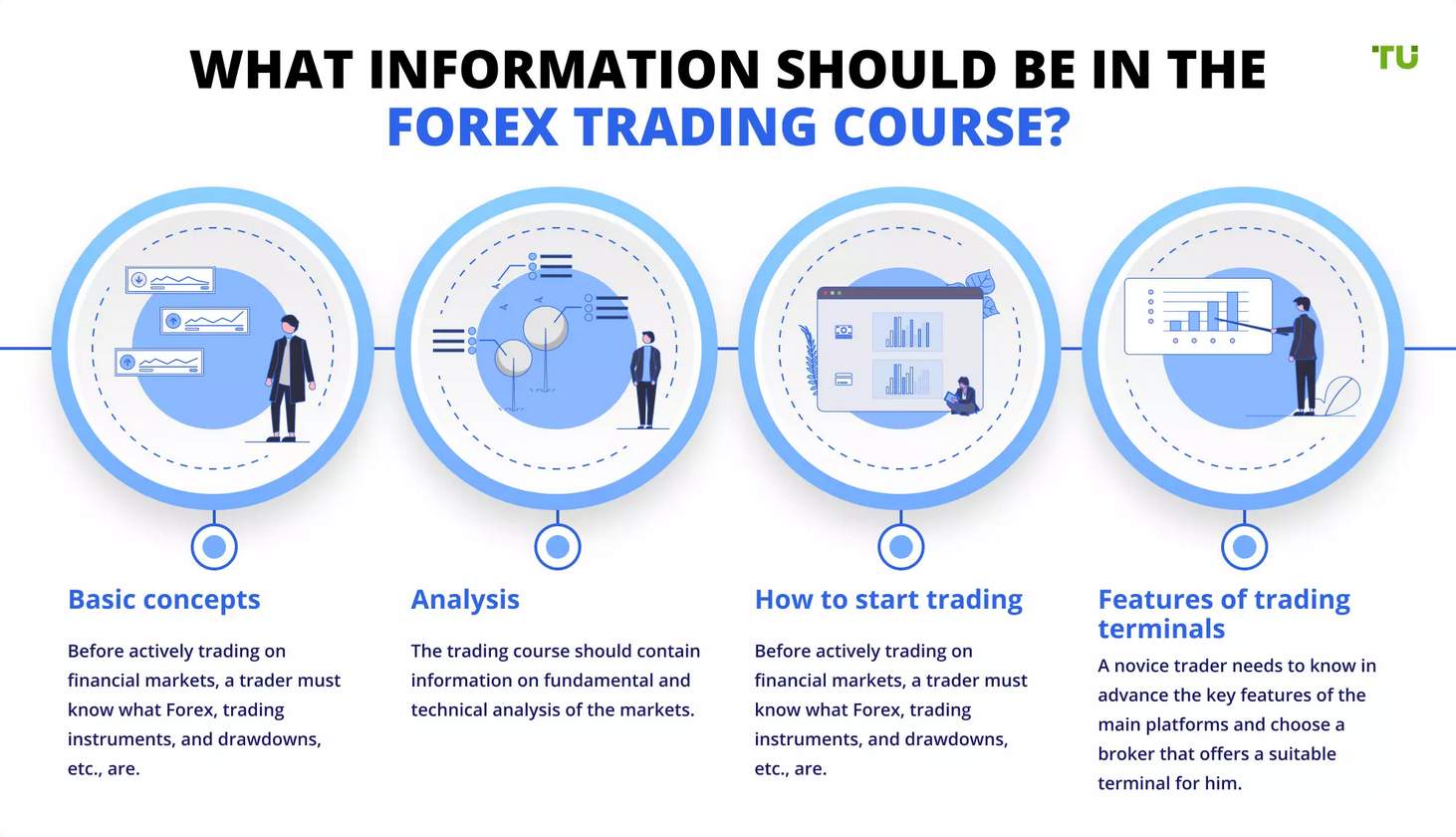Why Joining in a Forex Trading Course Can Increase Your Revenues Rapid
Wiki Article
Comprehending the Basics of Currency Exchange in Today's Global Market
In a significantly interconnected global economic climate, understanding the principles of money exchange is vital for stakeholders across various markets. Currency exchange rate, formed by a complicated interplay of economic signs and geopolitical factors, have extensive impacts on worldwide trade and financial investment methods. As reserve banks apply impact and technical advancements improve money trading, the effects for international business are far-reaching. How do these components integrate to affect monetary preparation and risk monitoring? Recognizing the nuances of this dynamic market is not just useful-- it is necessary for browsing today's economic landscape.The Fundamentals of Currency Exchange
Money exchange is a basic facet of the worldwide economy, promoting international trade and financial investment. It entails the conversion of one money right into an additional and is important for organizations, federal governments, and people that involve in cross-border transactions. The money exchange procedure happens in the fx market (Forex), which is the biggest and most liquid financial market worldwide, operating 1 day a day, five days a week.At its core, money exchange is driven by supply and need characteristics. Currencies are sold pairs, such as EUR/USD or GBP/JPY, and the exchange price between them indicates just how much one money is worth in terms of an additional. This price rises and fall continually as a result of trade flows, funding activities, and other market activities.
Participants in the Foreign exchange market range from big financial institutions and international firms to specific capitalists and tourists. Each individual may have different goals, such as hedging versus exchange rate danger, hypothesizing on money motions, or assisting in global purchases. Comprehending the basics of money exchange is essential for making notified choices in the international market, as currency exchange rate can considerably impact the price of items and solutions, financial investment returns, and financial security.
Aspects Influencing Exchange Fees
Currency exchange rate are shaped by a complicated interplay of various economic factors, showing the relative toughness and stability of national economic climates. Trick among these elements is rates of interest differentials. Greater rates of interest supply loan providers better returns about other countries, bring in even more international resources and triggering the money to appreciate. Alternatively, inflation prices play an essential function; money in nations with lower inflation rates have a tendency to appreciate as acquiring power boosts relative to higher-inflation economies.
Additionally, profession balances impact money worth. A nation with a substantial trade excess commonly sees its currency appreciate due to boosted international need for its items and services, while a trade deficiency can weaken the currency.
Political stability and economic performance are vital too; nations regarded as low-risk destinations for investment tend to see their currencies appreciate. forex trading course. Market speculation can likewise drive currency exchange rate changes, as investors expect future activities continue reading this based upon existing financial signs and geopolitical occasions. These aspects jointly add to the dynamic nature of exchange rates in the worldwide market
The Function of Central Banks

Reserve banks also participate in forex interventions to deal with extreme volatility or misalignments in exchange prices. These treatments might entail purchasing or selling international currencies to keep a preferred currency exchange rate degree. Additionally, main banks hold significant forex reserves, which can be released strategically to sustain their currency.

Technology and Currency Trading
While central financial institutions form the overarching landscape of currency exchange, technological improvements have transformed the mechanics of money trading itself. The proliferation of digital platforms has actually democratized accessibility to forex markets, making it possible for individual investors to get involved together with institutional capitalists. Online trading platforms, geared up with real-time information and logical devices, promote informed decision-making and have added to boosted market liquidity.Algorithmic trading, powered by innovative software program, has actually transformed the speed and efficiency of money trading. Algorithms execute professions based on predefined standards, lessening human intervention and reducing the time called for to utilize on market movements.
Cryptocurrencies, underpinned by blockchain, have actually introduced a new measurement to currency trading, triggering market individuals to adapt to a progressing financial community. As modern technology continues to progress, its impact on currency trading will likely deepen, forming future market characteristics - forex trading course.
Effect On Global Trade
In the interconnected landscape of international trade, currency exchange plays an essential duty in shaping economic connections in between countries. Currency exchange rate influence the expense of exporting items and solutions, affecting competitive positioning in worldwide markets. A solid money can make a country's exports more expensive and less appealing on the international phase, possibly reducing market share. Conversely, a weaker currency can improve export competition yet might raise the price of importing important products, affecting trade balance.Money changes can web likewise result in economic uncertainties, complicating lasting preparation for international companies. Companies typically hedge against these risks via economic tools to support prices and earnings. In addition, currency exchange rate influence foreign straight financial investment (FDI) decisions, as investors look for positive conditions to optimize returns, affecting capital flows throughout borders.
Additionally, governments strive to keep steady exchange prices to foster foreseeable trading conditions, occasionally interfering in forex markets to accomplish financial goals. Central financial institutions may adjust rate of interest or carry out monetary plans to influence money strength, consequently affecting profession characteristics.
Final Thought
A comprehensive understanding of money exchange basics is essential for browsing the intricacies of the global market. Currency exchange rate, formed by rates of interest, rising cost of living, and economic development, are pivotal in identifying money valuations. Reserve banks play a crucial function in influencing these prices, while innovations in technology have actually changed money trading. Understanding these aspects is vital for efficient economic preparation and risk management, as currency changes dramatically impact global trade and investment methods in an interconnected financial setting.Report this wiki page